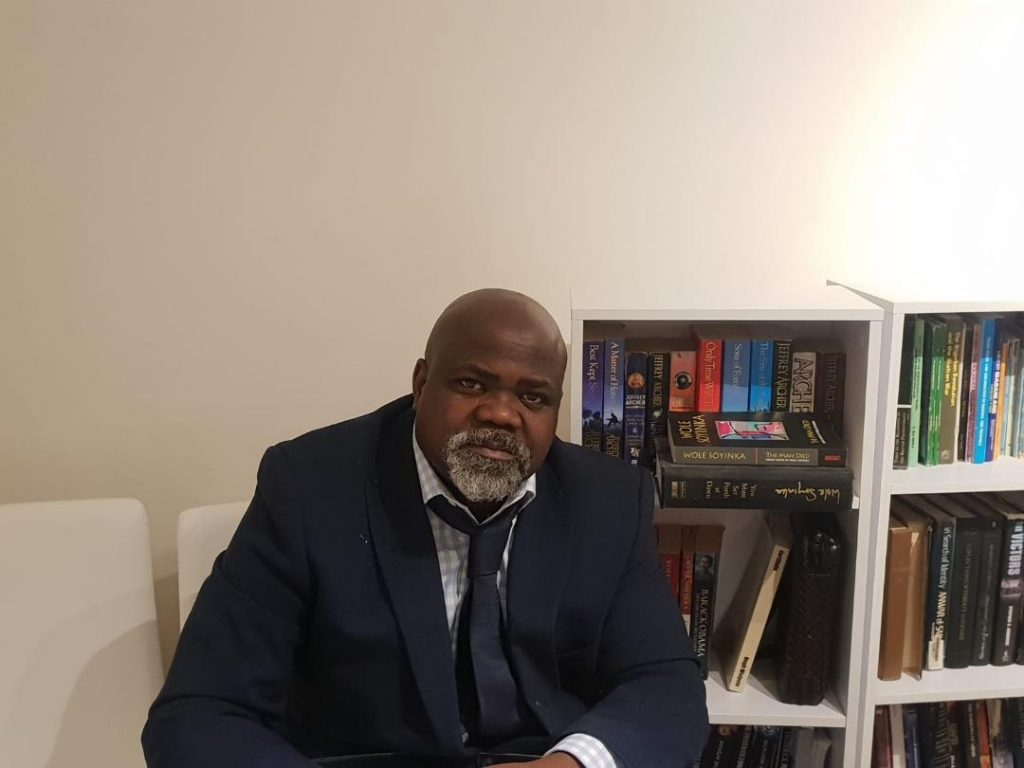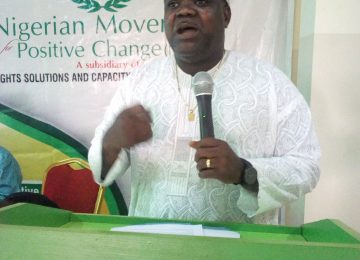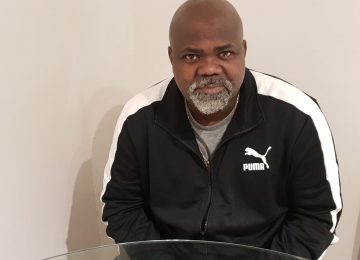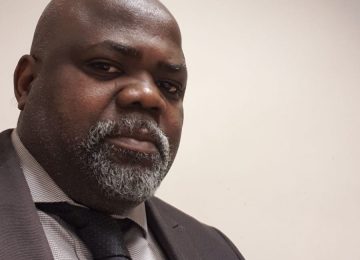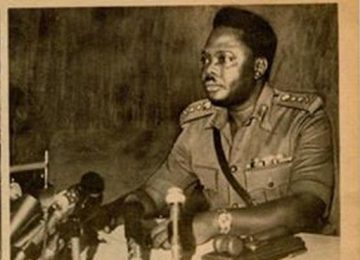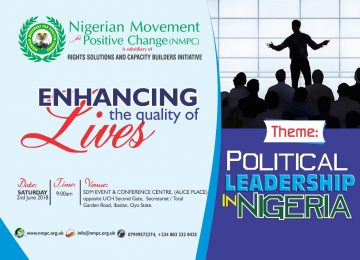BY NIYI ABORISADE
The Nigerian law is enshrined in the constitution. The Law of Nigeria is made of courts, offences and various types of law. The 1999 Constitution is supreme in Nigeria. Any law that is not consistent with the constitution is null and void.
It is the constitution that regulates the relationship between the Executive, the Legislature and the Judiciary and the citizen’s as well. Separation of power therefore is one of the fundamentals principles of good democracy.
The current imbroligo between the Executive and Legislature on the one hand and the Executive and the Judiciary on the other hand is unfortunate, undesirable and not in the best interest of the country. This may be due to various reasons like over ambitious executive with desire to control the two bodies. i.e legislature and judiciary. On the other hand, the recalcitrant and the intransigent of the legislative body with a show of force against the executive are different from the independence that is needed. The romance of some members of the judiciary with the politicians and their inability to dispense true justice coupled with their inconsistency in the interpretation of laws is inimical to their duty as the hope of common man.
By referring to the Executive in this Article, I mean political office holders such as the President, Ministers, Governors, .etc. The executive and the legislature are in that respect politicians. The only body that should not be affiliated to any political parties and should be above politics should be the judges because of their sacred position, though it is a bit different in the United States of America (USA) where judges are known for their political affiliations. I believe that on its own is not good for democracy. It is a bad example for emerging democracy such as ours in Nigeria.
It is the duty of judges to interpret the law in accordance with the constitution and dispense justice with equity and fairness.
“In Nigeria, judiciary is no longer the last hope of common man but that of the elites, typified by the politicians.”
Judges are in sacred position, hence the saying “Judiciary is the last hope of common man.” In truth, judges are Guardian of the constitution of Nigeria. Therefore, a judge must not use his powers to pursue ends other than justice. Meanwhile, the Latin maxim ‘Quis custodiet ipso custodes’ means, who will guard the Guardians? Definitely, it should not be the Executive and so to maintain this independence, the recommendations and Judges are therefore made by Nigerian Judicial Commission (NJC) and approved by the President or State Governors as the case may be.
For some reasons and until recently, the focus of the battle against corruption has always been targeted at the Executive and the legislature but the politicians that are involved at the two bodies have carried the corruption to the judiciary to pervert the course of justice.
The development in Nigerian parlance regarding the interactions between the judges and politicians has shown clearly that deep corruption has eaten into our society.
During the trial of late Chief Obafemi Awolowo, SAN, and 26 of his associates in a treason-able felony case, the trial Judge Chief George Sodeinde Sowemimo, SAN, did not mince words that his hands are tied, the meaning of this statement was made clear when the trial Judge was sighted in Kano on the third day to meet late Sir Ahmadu Bello. It shows how corruption has influenced his decision to convict the old sage. However, there are some quite fine outstanding brilliant and incorruptible judges like late Justice Kayode Esho who refused to be corrupted by the Ladoke Akintola Government in 1965 and dispensed justice in favour of Professor Wole Soyinka.
Another thing is the delay in adjudicator system of Nigeria. People have been frustrated out by long delay. In Nigeria, judiciary is no longer the last hope of common man but that of the elites, typified by the politicians. Justice is purchased by the highest bidder and the politicians are behind the scene using their ill gotten money to bribe the judges.
The recent imbroligo of the Chief Justice of Nigeria, Honourable Justice Walter Samuel Nkanu Onnoghen, being brought before the Code of Conduct Tribunal (CCT) for failure to declare his asset is a serious one. The allegation on its own is not the problem but the procedure employed by the executive in reducing the sacred office of judiciary.
Onnoghen, was nominated as the Chief Justice of the Supreme Court of Nigeria by the Acting President, Professor Yemi Osinbajo, and was confirmed by the Senate on 1st March 2017, and sworn in on the 7th of March, 2017. He succeeded Honourable Justice Mahmud Mohammed.
There is need for total haul of our laws and change to the system to reduce this cankerworm of corruption from our society. The politician in form of the Executive President must see himself as representing the whole country rather than his party. He must show respect for the rule of law so as not to destroy the entire system and the little confidence that remain.
Taking all the three bodies together, the main problem is corruption. There appears therefore to be unity of purpose by all our arms of government in this area. Dealing with corruption in all areas means we need fundamental changes in our laws and the process. The area where a selected group of people are targeted to the exclusive of other groups who are equally corrupt cannot bring any positive change to Nigeria. He who claims equity must come with clean hands. The government must be determined to deal with corruption from all angles with a genuine mind and focus that transcends party loyalty.
At this point, no ruling party has fared well, though the approach may be different. It is quite evident that all politicians in power at one time or the other has an agenda to pursue, protect or defend that warrant them to attempt to subvert the course of justice.
The bold step should come from the political class. They should realize that they cannot be in power all the time. So, they need to allow total rule of law and independent judiciary to prevail for the sake of every citizen of this country.
- .Niyi Aborisade is the President, National Movement for Positive Change (NMPC) and writes from the United Kingdom (UK).


